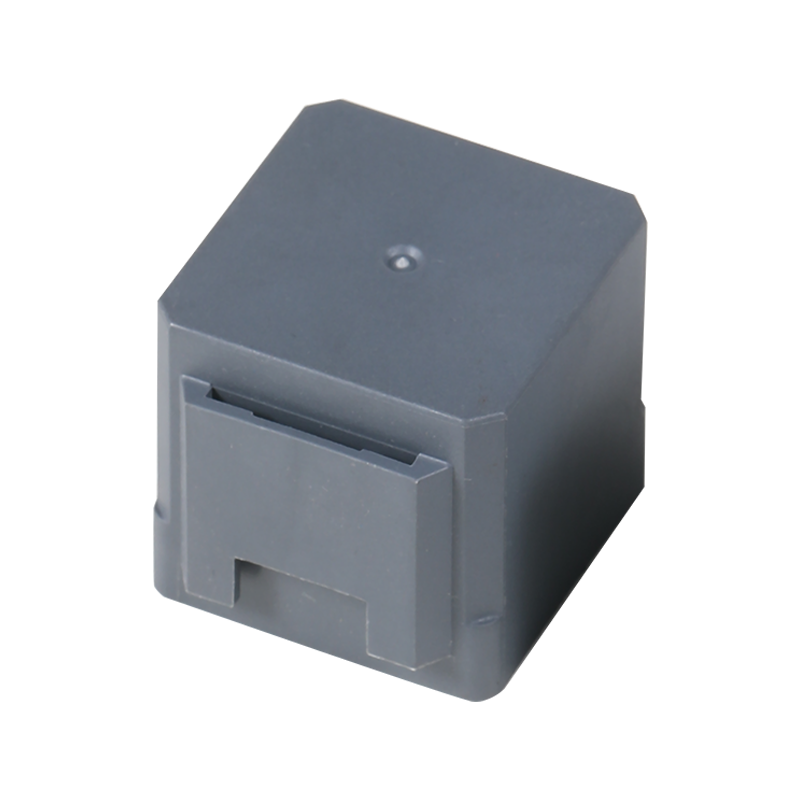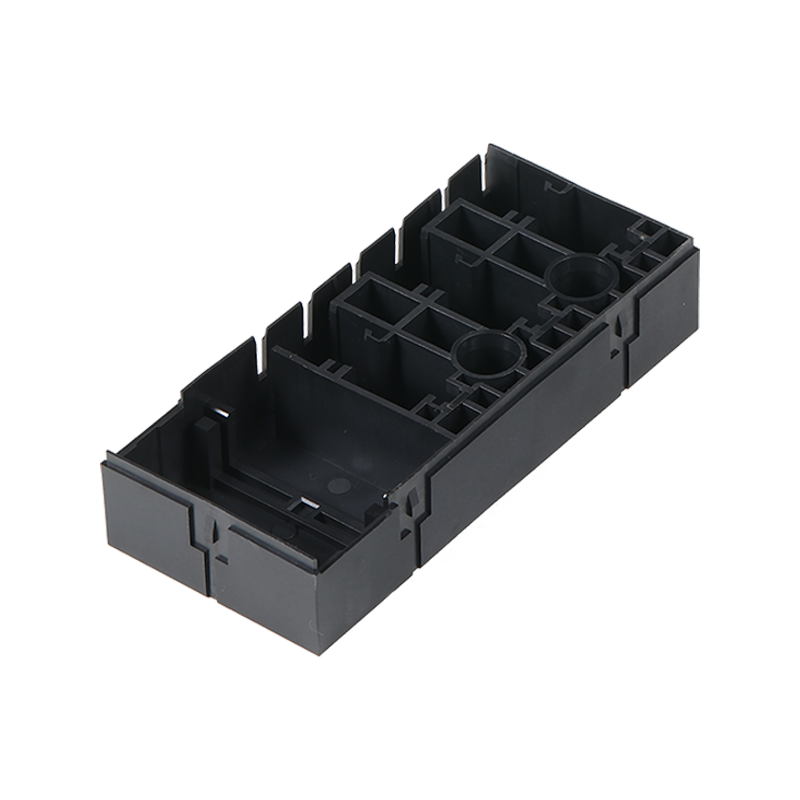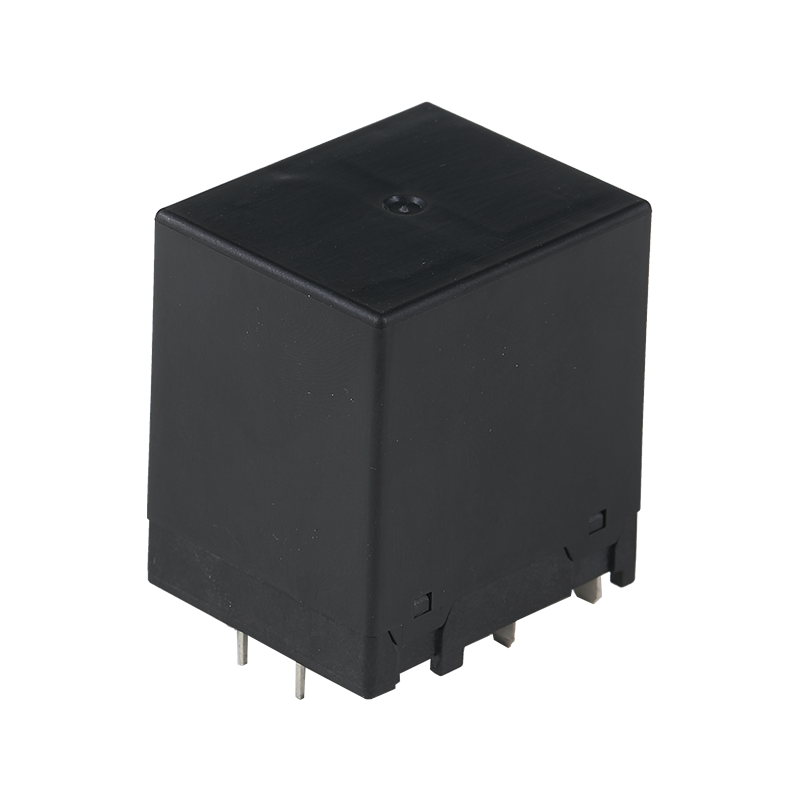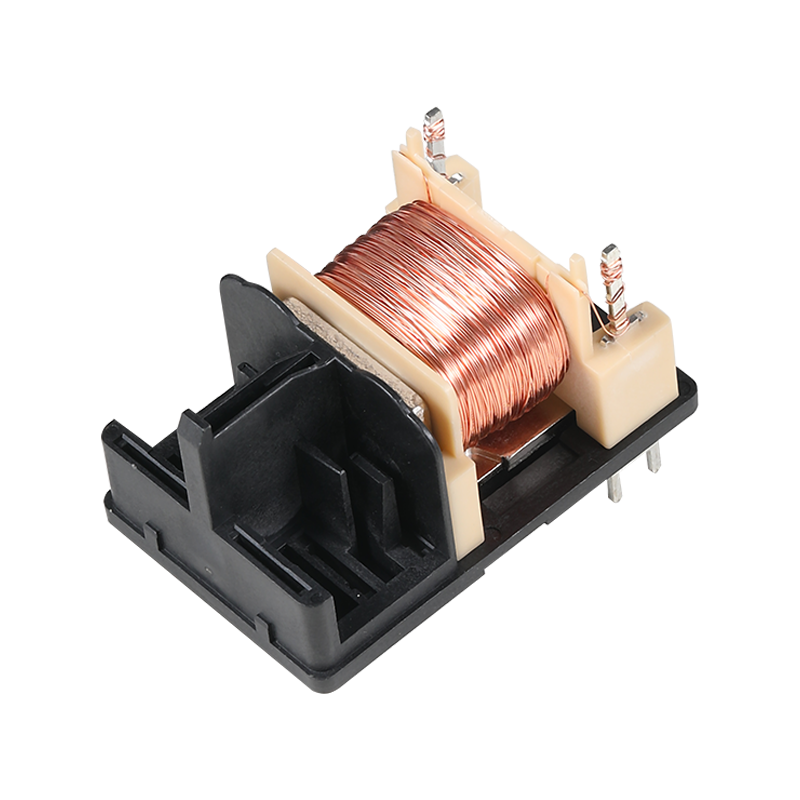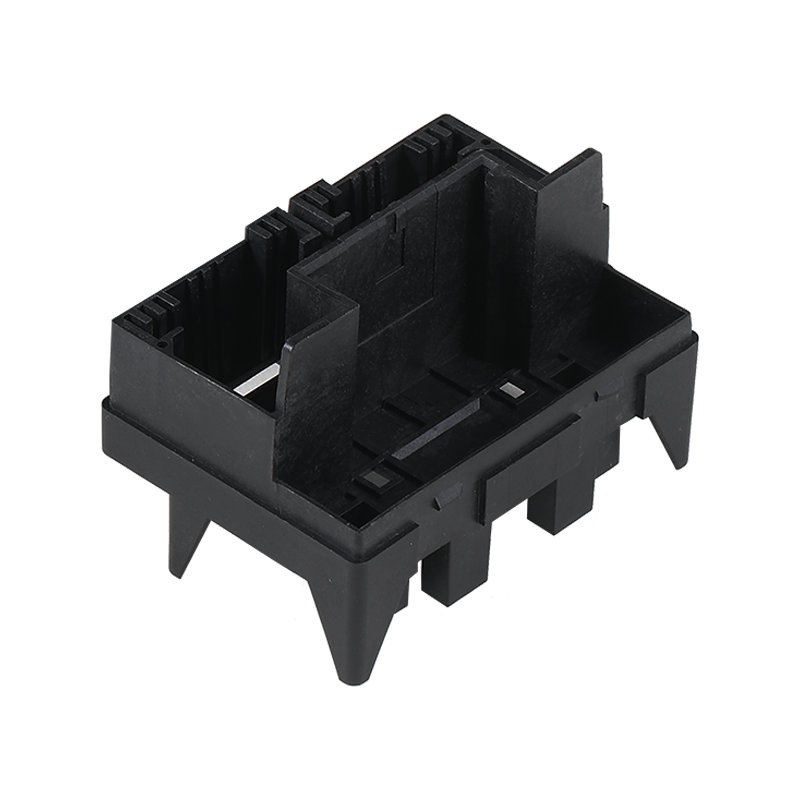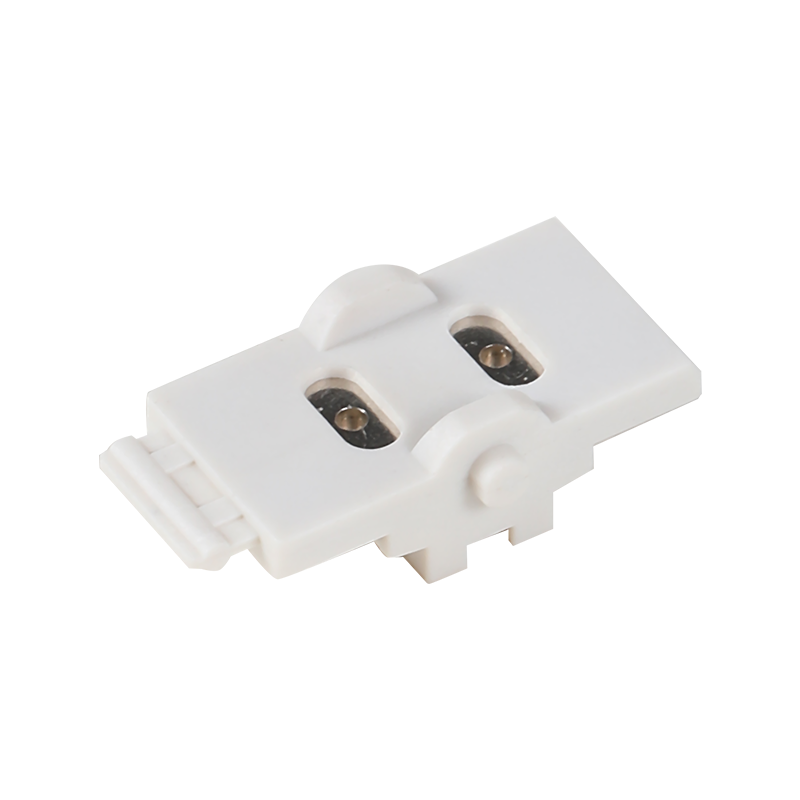
In the ever-evolving landscape of manufacturing, precision plastic injection moulding stands as a cornerstone technology, driving innovation and efficiency like never before. This advanced process has become synonymous with high-quality production, enabling the creation of intricate parts with exceptional accuracy and consistency. As companies strive to meet the demands of a competitive market, precision plastic injection moulding is increasingly at the forefront, shaping not only products but also the future of the industry itself.
Precision plastic injection moulding is a process that has been refined over decades to meet the strictest of specifications. It involves the use of high-pressure injection moulding machines that force molten plastic into a mould cavity, where it cools and hardens to take the shape of the mould. This process, which is repeated with each production cycle, ensures that each part produced is identical to the one before it, making precision plastic injection moulding the go-to method for industries requiring high-volume, precision components.
One of the key advantages of precision plastic injection moulding is its ability to produce complex geometries that would be impossible or too costly to create through other methods. This capability has opened doors for designers and engineers to create parts that are not only functional but also aesthetically pleasing. From automotive components to medical devices, the impact of precision plastic injection moulding is felt across a wide range of sectors.
In the automotive industry, for example, precision plastic injection moulding has allowed for the production of lightweight, durable parts that contribute to fuel efficiency and reduced emissions. Components such as dashboards, bumpers, and interior trim are now commonly made using this method, providing both cost and weight savings.
The medical sector has also embraced precision plastic injection moulding, leveraging its precision to create life-saving devices. From syringes to prosthetics, the ability to produce parts with tight tolerances and smooth surfaces is critical in ensuring the safety and effectiveness of these products.
Consumer electronics have also benefited from the advancements in precision plastic injection moulding. The demand for sleek, compact devices has driven the need for precise, lightweight components that can withstand the rigors of everyday use. Precision plastic injection moulding has met this challenge, enabling the production of high-quality casings and internal components that are both robust and visually appealing.
As environmental concerns become more pressing, the sustainability of manufacturing processes is under scrutiny. Precision plastic injection moulding offers a solution by reducing material waste through efficient mould design and reducing energy consumption due to the process's high-speed nature. This has led to a growing interest in the technology as companies look to green their supply chains.
Investment in research and development within the precision plastic injection moulding sector has led to innovations such as micro-injection moulding, which allows for the production of tiny, intricate parts with high precision. This has opened up new possibilities in fields like microelectronics and nanotechnology, where components are measured in microns rather than millimeters.
Precision plastic injection moulding is a critical component of modern manufacturing, offering unparalleled precision and efficiency. Its impact is felt across industries, from automotive and medical to consumer electronics and beyond. As technology continues to advance, precision plastic injection moulding will undoubtedly play a central role in shaping the products of tomorrow, ensuring that they are not only functional but also manufactured with the high level of precision and quality.

 English
English 中文简体
中文简体 русский
русский
